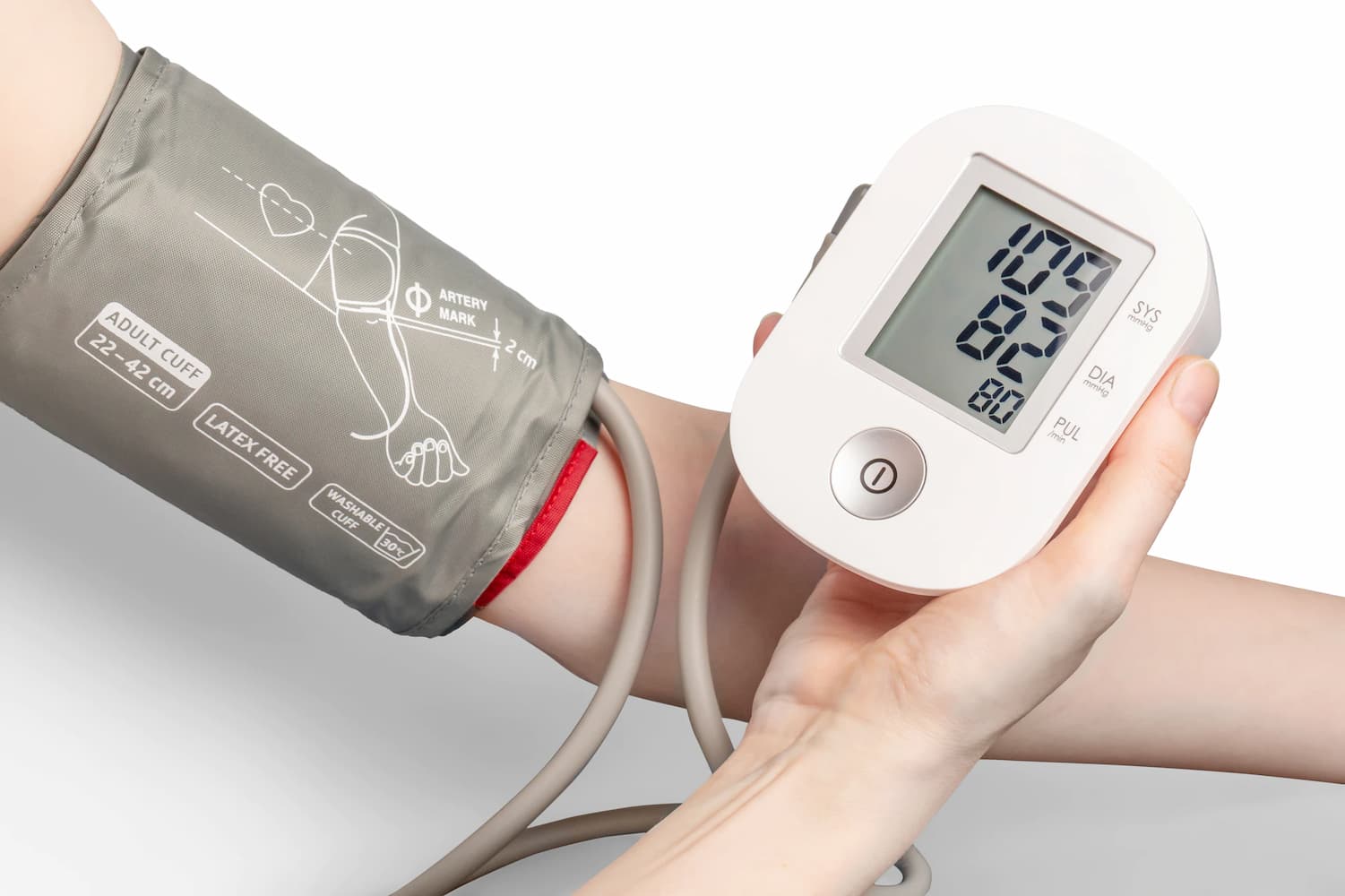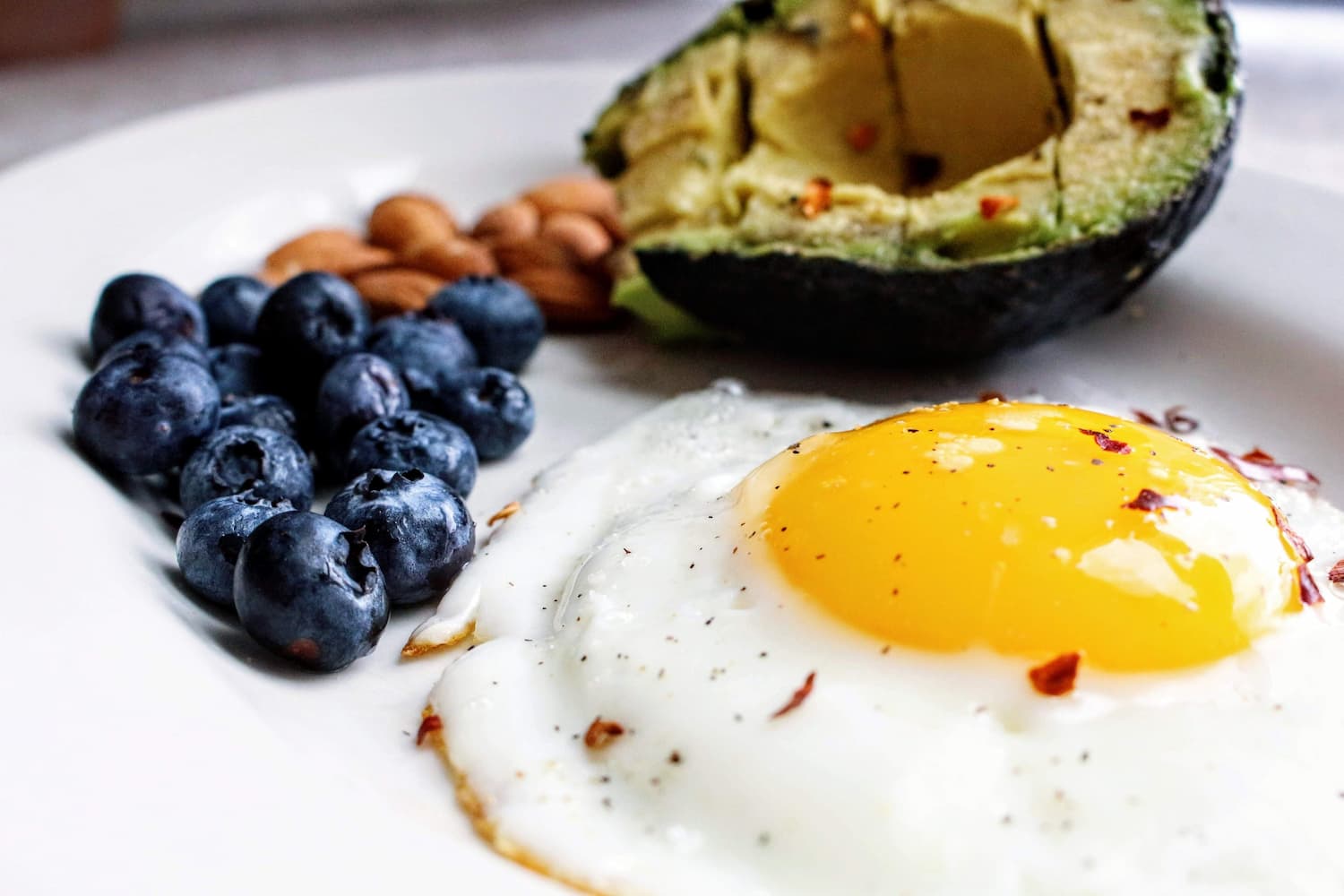
Fad diets are marketed as a quick route to ditching the pounds and getting the curves in all the right places. Unfortunately, such diets are restricting in nature and eliminate certain foods, hence depriving the body of the essential nutrients to stay healthy. However, it's not fair to say that all kinds of diets are bad and ineffective. Here below are the top diet trends of 2021 that can help address your health condition and weight issues. Explore their pros and cons and then discuss them with your healthcare provider to find out which suits you best.
Paleo Diet
This weight loss plan is inspired by the Paleolithic age, otherwise known as stone age, hence the name. It consists of foods that might have been eaten by the people during those times such as fruits, nuts, seeds, fish and vegetables. Anything that can be obtained through hunting and cooked over an open fire can be considered in a paleo diet. So, grains, root crops, dairy products and other produce derived from an agricultural setting are not included.
Because it's rich in fruits and vegetables, a paleo diet has a high amount of micronutrients but lacks important macronutrients like carbohydrates and protein as well as calcium.
Intermittent Fasting

Intermittent fasting is a type of diet plan that involves fasting for a specific number of days or hours. There are different approaches you can choose from. You can eat normally for five days and fast for two days, you can fast on alternate days, or you can restrict your meals to an 8-hour window each day and fast for the remaining 16. The third option is the most popular approach, with many dieters being skipping breakfast and dinner. With intermittent fasting, you can eat anything with no restrictions for 8 hours. Although it's found to be beneficial for inflammation, this dietary plan may have some negative side effects like hunger, fatigue, headaches, dizziness and nausea.
Plant-based Diet
If you're into vegan diets, this dietary plan might just work for you. It consists of plant-based foods, which means even your source of protein comes from vegetables. No animal products included. However, just because you couldn't eat pork or beef, it doesn't mean you cannot use it as an inspiration when whipping up a meal made from mushrooms, pea protein or pumpkin seeds. Plant-based meat is extremely popular because it does not only look and taste like meat but also provides the same nutrients.
Plant-based eating can improve heart health as it reduces the risk for cardiovascular disease, regulates blood pressure and lowers cholesterol levels. If you're unsure about which plant proteins to add to your diet, you may consult a nutritionist.
DASH Diet

DASH diet stands for Dietary Approaches to Stop Hypertension (DASH). It's a healthy eating plan designed to prevent or treat heart disease and high blood pressure. The standard DASH diet restricts sodium intake to 2,300 mg per day while the lower-sodium approach allows you to have 1,500 mg of sodium each day. It's basically a balanced diet that allows whole grains, fruits, vegetables, low-fat dairy and small amounts of animal protein like fish, red meat and poultry. While cutting back on sodium can improve your health massively, you might find your food bland and less enjoyable. Consult your dietician for alternative salt-free seasonings.
Mediterranean Diet
A number of scientific studies have shown that there are fewer deaths linked to heart disease, diabetes and other lifestyle diseases in Mediterranean countries, including France, Greece and Italy. The reason for this was traced to the diet of the people who live in these countries, which consists of vegetables - specifically leafy greens - fruits, whole grains, nuts, seeds, legumes and olive oils. Although the diet does not exclude meat, it is only consumed in small amounts. Poultry, fish and other seafood are preferable to red meat. Being a low-fat diet, the Mediterranean diet is no doubt a long-term weight loss approach that reduces the risk of heart diseases.
South Beach Diet
This is a three-phase low-carb diet that focuses on foods that are high in protein and fibre. The first phase runs for two weeks and includes seafood, skinless poultry, vegetables, nuts, seeds, soy and low-fat dairy products. The second phase is interminable as it only ends once the individual has reached their ideal weight. It includes foods from the first phase as well as some carbs like brown rice, whole-grain bread and pasta. The third and final phase is more of a maintenance regimen that allows the dieter to absorb the lessons from the first two phases.
Although considered to be a healthy diet, the South Beach Diet will only work if it is followed by the book. If you're not sure how to go about it, it's best to seek dietary advice from your doctor first. Otherwise, you run the risk of developing ketosis, a condition in which the body burns fat instead of carbohydrates for energy.
Ketogenic Diet

While the South Beach Diet discourages ketosis, this one encourages it by letting the body consume about 60% to 80% of calories from fatty foods. This high-fat diet only allows a small amount of protein and carbohydrates. The usual meal of a person on a keto diet includes nuts, avocado, vegetable oils, cheese and other dairy products. Health experts would not advise this diet program to people who are not capable of sustaining it because it's high in saturated fats and low in vitamins and minerals.
Rather than aiming for a short-term weight loss program, considering one that promotes healthier foods which are high in macronutrients and micronutrients will not only help you achieve the figure you want but also prevent autoimmune diseases. These top diet trends of 2021 are options for you to consider, they are not the be-all and end-all of a healthy lifestyle. Getting regular exercise, avoiding processed foods and eating in moderation are the essential steps to achieving a healthy weight and a happy life.
|
Do you have a natural health & wellness business? |









